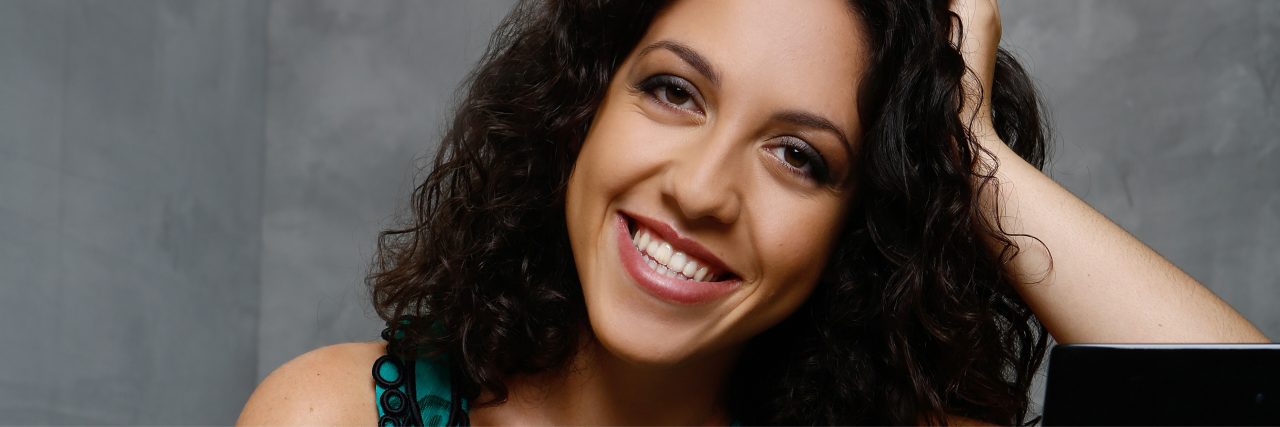Beatrice Rana was just 20 when she took home silver at the 2013 Van Cliburn International Piano Competition, on the heels of her first-prize victory at the Montreal Competition two years prior. Since then, Bea (now 26) has taken the international music world by storm, winning admiration and praise from conductors, concert presenters, audiences, and critics alike. She’s played a good portion of the world’s major concert halls (such as Royal Albert Hall, Carnegie Hall, Vienna’s Konzerthaus, Berlin Philharmonie, Wigmore Hall, Hollywood Bowl, Kennedy Center); she’s been featured on the cover of more than 10 magazines; and she’s received rave reviews and a slew of awards, including The New York Times’ “Best Classical Music of 2019” list, Gramophone’s 2017 “Young Artist of the Year,” and BBC 2015 “New Generation Artist.” And she signed an exclusive recording deal with Warner Classics, having now released four critically acclaimed albums in four years, including a new Ravel Stravinsky disc that dropped October 25. We caught up with her this December.
CLIBURN: You’ve had such a meteoric rise in the six years since your Cliburn appearance—major concerts, loads of press, and a nice recording contract. What is your secret for balancing the demands of this busy life, while still developing artistically and enjoying it all?
BEATRICE: There is no secret, unfortunately! My strength is the love for what I do: sharing music with people and sharing life with my loved ones. Balancing the two things is not always easy, but I try always my best because they are equally important to me. In this sense, I like to have a busy and challenging schedule, with good combination of old and new repertoire, solo and concertos, and at the same time I save some weeks to be off stage and spend time with family and friends.
CLIBURN: You have had some great mentors along the way. Tell us about those relationships and how they’ve shaped you.
BEATRICE: I owe everything I know to Benedetto Lupo and Arie Vardi. Benedetto Lupo has been my mentor since I was a child, and he taught me the art of music, but also the profession of being pianist: thanks to him, I got a real fascination for colors and sounds, and a real necessity of using a certain sound for a certain result. At 18, I got in the studio of Arie Vardi, and he opened me another world, very wide in a sense, where music, art, literature, and philosophy were all part of one great thing. I feel very lucky to have been mentored by such musicians.
CLIBURN: With all the traveling, concertizing, and amazing collaborators, you must have some great stories from the road. Share one or two with us?
BEATRICE: Last September I played in Paris in the beautiful Theatre des Champs-Elysees with the St. Petersburg Philharmonic Orchestra and Yuri Temirkanov. The orchestra and conductor were in the middle of a tour, so they were supposed to arrive in the early afternoon and rehearse with me couple of hours before the concert. As soon as I get on stage for my rehearsal, I see less than half of the orchestra and Maestro Temirkanov on the podium. I ask where the rest of the orchestra was, since the rehearsal was about to start: they told me that the other musicians were on a much delayed plane and didn’t know if they would make it on time. So we rehearsed the Schumann Concerto for a…chamber orchestra size! 🙂 The rest of the orchestra finally arrived 10 minutes before the start of the orchestra, so I got to meet the full orchestra during the concert. Despite everything, it was one of the most beautiful concerts I have ever played.
CLIBURN: Your newest CD just released on October 25. Tell us a little about how that project came together, and what’s up next.
BEATRICE: The last CD is dedicated to two composers that are very dear to my heart: Ravel and Stravinsky. It’s always challenging to decide the repertoire of an album, mainly because the album is like a photographof a precise artistic moment. I have been touring quite a lot in the previous season with Ravel Miroirs and Stravinsky Firebird, so it felt very natural to record them, alongside with La Valse and Petrushka. It’s a portrait of a period of great changes, both on the artistic and on the social level, which brought to the complete collapse caused by the first world war. In a sense, I feel that that kind of feeling of crisis is very present.
CLIBURN: Take us back to 2013. Why did you decide to come to the Cliburn and what was your experience like in Fort Worth?
BEATRICE: My experience at the Cliburn has been completely life changing. I was already very excited to be in Fort Worth and play in such a giant hall for such a venerable jury and audience. But what I understood during the last days of the competition is that that adrenaline that was driving me so much during those days wouldn’t end with the competition: being a laureate of the Cliburn was going to open the doors of so many concert halls for me! At first I was a bit overwhelmed, but step by step I got to find a balance with this new life and started to really enjoy the crazy touring life!

